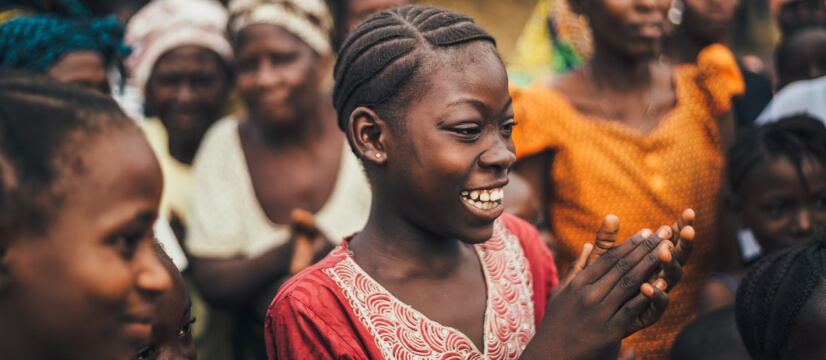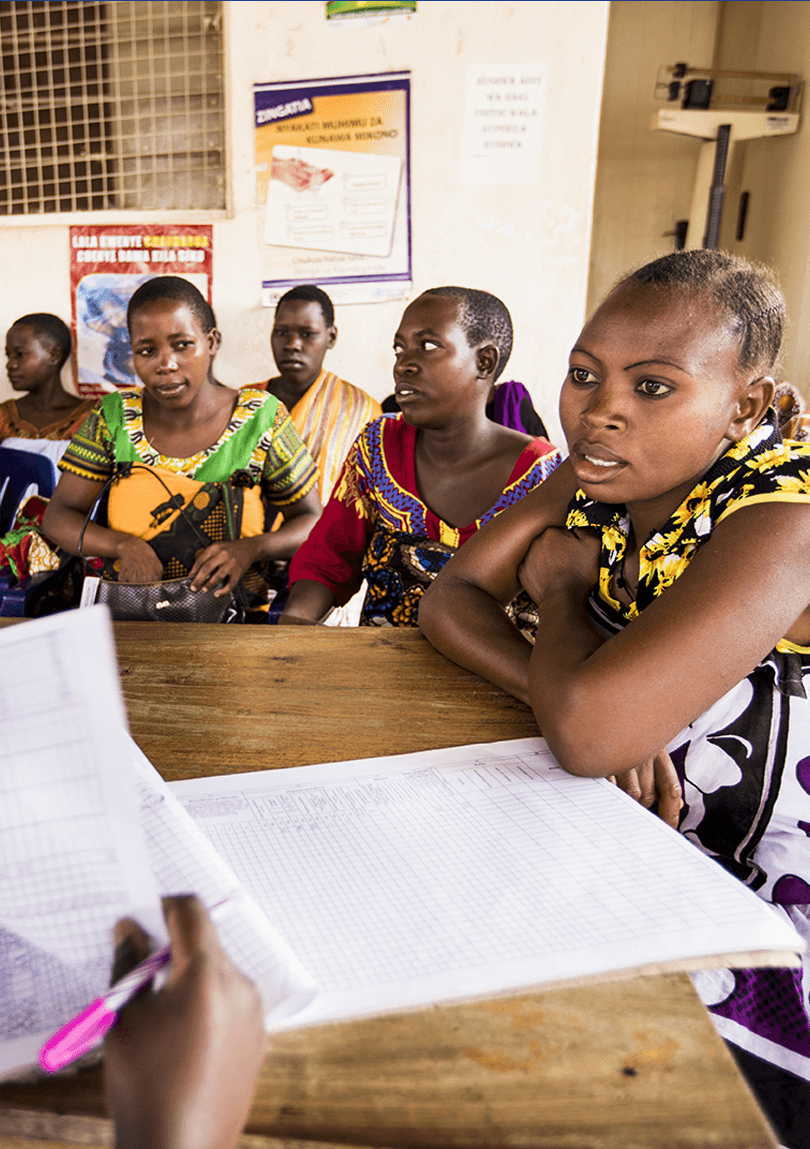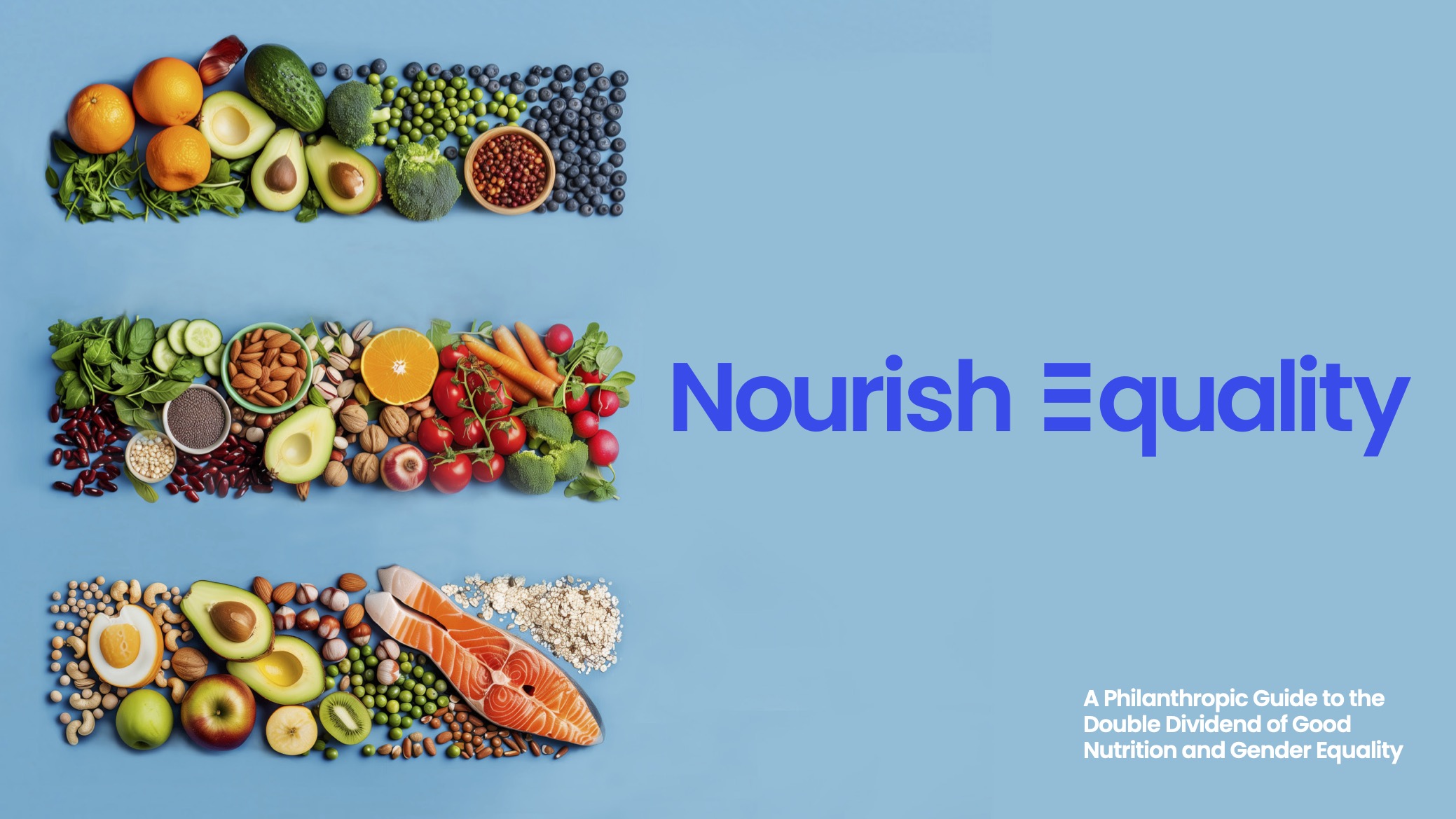
RESOURCES

Global Webinars


Webinar 2: How to Use the Action Agenda: Country Action and Global Advocacy Ambition Moving Forward
Advocacy & Communications Toolkits

SUN Civil Society: The Advocacy Toolkit. A how to guide.
A comprehensive and practical advocacy toolkit, developed by the SUN Civil Society Network, to help understand how to develop advocacy strategies.

SUN, Developing an advocacy strategy in support of multisectoral nutrition
Used by MQSUN+ to support countries in the development of an advocacy strategy for their multisectoral nutrition plan via an in-country advocacy workshop.

Intake: Global Diet Quality Score (GDQS) Toolkit
A toolkit to aid decision makers, government workers, innovators, researchers, and anyone working in public policy to better understand the importance of dietary data.

Healthy Babies Healthy Mothers Consortium 2022: An FAQ and Advocacy Brief for Inclusion of MMS into the WHO’s Model List of Essential Medicines
An FAQ and advocacy brief on the inclusion of multiple micronutrient supplementation into the WHO’s Model List of Essential Medicines to help improve women’s nutrition during pregnancy.

Healthy Babies Healthy Mothers Consortium 2022: Advocating for Safe, Affordable and Cost Effective Nutrition Interventions to Improve Maternal Health
A report highlighting the global scope of maternal malnutrition, the importance of meeting the nutrition demands of pregnancy and the role MMS plays in this.

Global Nutrition Cluster, 2016: Nutrition Cluster Advocacy Toolkit
This toolkit has been developed to support nutrition cluster partners to effectively advocate for an enabling policy and financial environment for nutrition in fragile situations at all levels – global, regional, national, and subnational.

PMNCH and Women Deliver, 2018: Advocating for change for adolescents!
A practical toolkit for young people to advocate for improved adolescent health and well-being
Technical Tools, Global Guidelines, & Innovations

Nourish Equality
Though the links between gender equality and nutrition are increasingly clear, up until now action in the philanthropic community has been relatively small and fragmented due to a lack of practical guidance. Nourish Equality outlines the simple yet transformative steps that all donors – private and public – can take to tailor their grantmaking to support the double dividend of a more equitable and better nourished world. Find more information in the Resource Center at the Stronger Foundations for Nutrition website.

A Gender-Transformation Framework for Nutrition
An evidence-based conceptual model that expands the potential of nutrition programs to tackle gender inequalities.

FHI 360: Gender Integration Framework
This framework offers guidance for how FHI 360’s research and programs can systematically identify and challenge gender-based inequalities that pose barriers to development.

Intake: Global Diet Quality Score (GDQS) Toolkit
A toolkit to aid decision makers, government workers, innovators, researchers, and anyone working in public policy to better understand the importance of dietary data.

Green Feeding Tool
This tool estimates carbon and water footprints associated with consumption of commercial milk formula among infants aged under 6 months. Developed by Alive & Thrive with support from FHI Solutions Innovation Incubator.

Mothers Milk Tool
This tool makes more visible the economic value contributed to society by women’s unpaid care work through breastfeeding of infants and young children at the country and individual levels. developed by the Australian National University, and Alive & Thrive with support from FHI Solutions Innovation Incubator
Maternal, Newborn, Child Health Agenda

WHO recommendations on antenatal care for a positive pregnancy
This comprehensive WHO guideline provides global, evidence-informed recommendations on routine antenatal care.

Frontiers in Public Health: The volume and monetary value of human milk produced by the world’s breastfeeding mothers.
Results from the Mothers' Milk Tool, which was developed to make more visible the economic value contributed to society by women's unpaid care work through breastfeeding infants and young children.

WHO, UNICEF, UNFPA; Improving maternal and newborn health and survival and reducing stillbirth, 2023
This report highlights global progress on maternal mortality, neonatal mortality and stillbirths, as well as country efforts to meet the global targets for all three of these critical challenges.

WHO Global Database on Child Growth and Malnutrition
This database compiles, standardizes, and disseminates child anthropometric data of nutrition surveys conducted globally.

WHO Essential nutrition actions: mainstreaming nutrition through the life-course
A compilation of actions to address malnutrition in all its forms to help in decision-making processes for integration of nutrition interventions in national health policies, strategies, and plans based on country-specific needs and global priorities.

Lancet Series Maternal and Child Nutrition 2013
Maternal and child undernutrition was the subject of a Series of papers in The Lancet.

Lancet Series Maternal and Child Undernutrition Progress 2021
The latest Series on Maternal and Child Undernutrition Progress, includes three new papers that build upon findings from the previous 2008 and 2013 Series.

UNICEF, WHO: Taking action to protect children from the harmful impact of food marketing: a child rights-based approach
This joint publication aims to guide governments and partners through the steps to introduce policies to protect children from the harmful impact of food marketing.
Equal Rights for All

Plan your Power 2023: A Toolkit for Women’s Rights Advocacy Planning
This toolkit adapts mainstream advocacy planning processes to incorporate a deeper understanding of gendered, and other intersecting, power relations. Developed by Woman Kind and the International Women’s Development Agency.

FAO; The status of women in agrifood systems 2023
This report uses extensive new data and analyses to provide a comprehensive picture of women’s participation, benefits, and challenges they face working in agrifood systems globally.

1,000 Days: Nourishing Gender Equality
How nutrition interventions are an underleveraged tool in the fight for women’s rights.

World Economic Forum: Global Gender Gap Report 2022
This report offers a consistent annual metric for the assessment of progress towards gender parity and compare countries' gender gaps over time.
Global Papers & Data

UNICEF 2023: Undernourished and Overlooked: A global nutrition crisis in adolescent girls and women.
This report examines the nutritional status of adolescent girls and women of reproductive age (15-49 years), and the barriers they face in accessing nutritious diets, utilizing essential nutrition services and benefiting from positive nutrition and care practices.

UNICEF-WHO-The World Bank: Joint Child Malnutrition Estimates 2023
This report updates the global and regional estimates of prevalence and numbers for stunting, wasting, overweight and underweight every other year

Global Nutrition Report 2022
This report out the role of accountability and its ability to transform action to tackle the nutrition crisis.

FAO: State of Food Security and Nutrition in the World 2022
This report highlights the intensification of the major drivers of food insecurity and malnutrition: conflict, climate extremes and economic shocks, combined with growing inequalities.

FAO and Intake: Global Report on the State of Dietary Data
This is the first ever Global Report on the State of Dietary Data.

Results UK, Malnutrition is Sexist 2022
This report explains how multi-sectoral nutrition interventions are needed to address some social barriers to good nutrition.

Emergency Nutrition Network 2022: Women’s Nutrition: A summary of evidence, Policy and Practice including adolescent and maternal stages
This report provides recommendations to combat a lack of guidelines on nutrition, preconception nutrition, and assessment of nutritional status for adolescent girls and women.

Emergency Nutrition Network: Nutrition of women and adolescent girls in humanitarian contexts: Current state of play, 2022
This technical paper summarises developments and progress in nutrition programming for women and adolescent girls, specifically focusing on humanitarian contexts.

WHO selection of essential medicines at country level
Provides a practical resource to support countries in developing national essential medicines lists.
